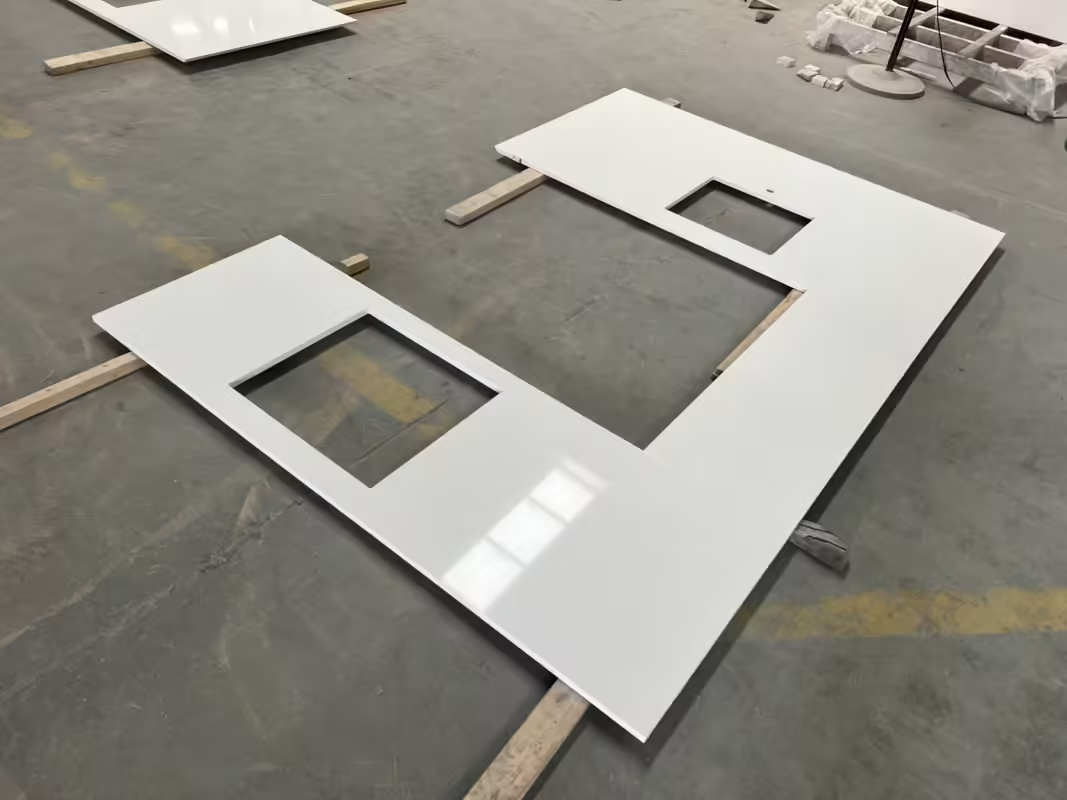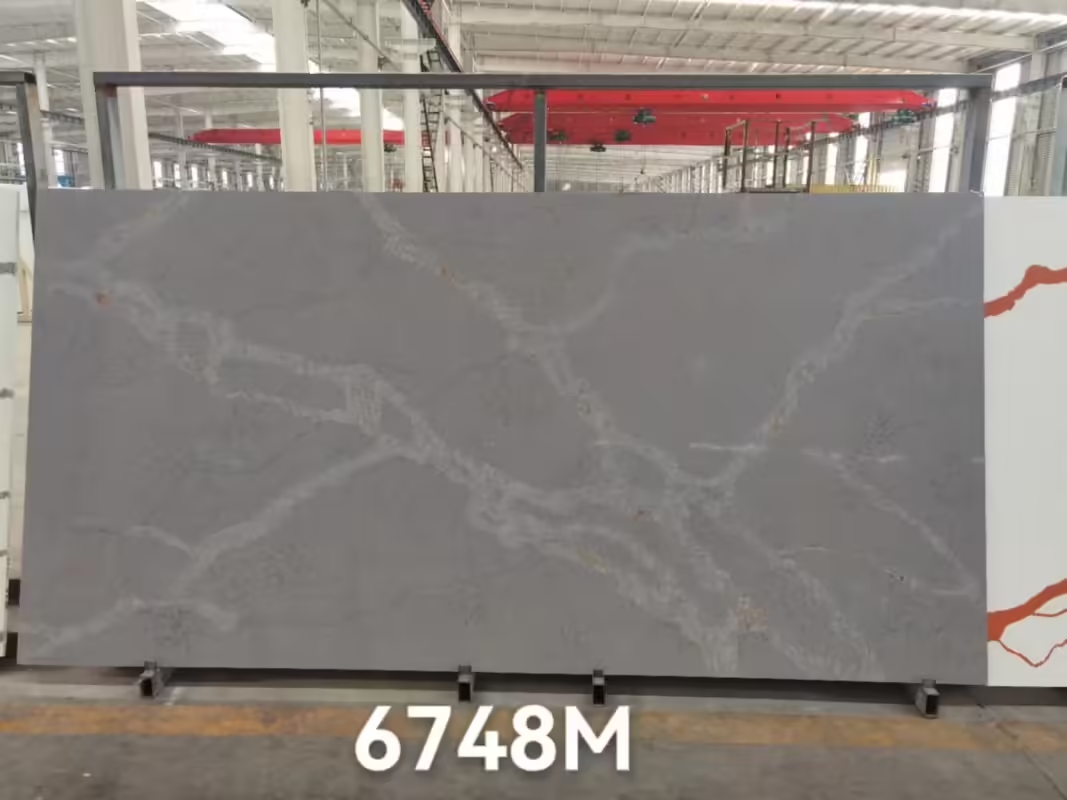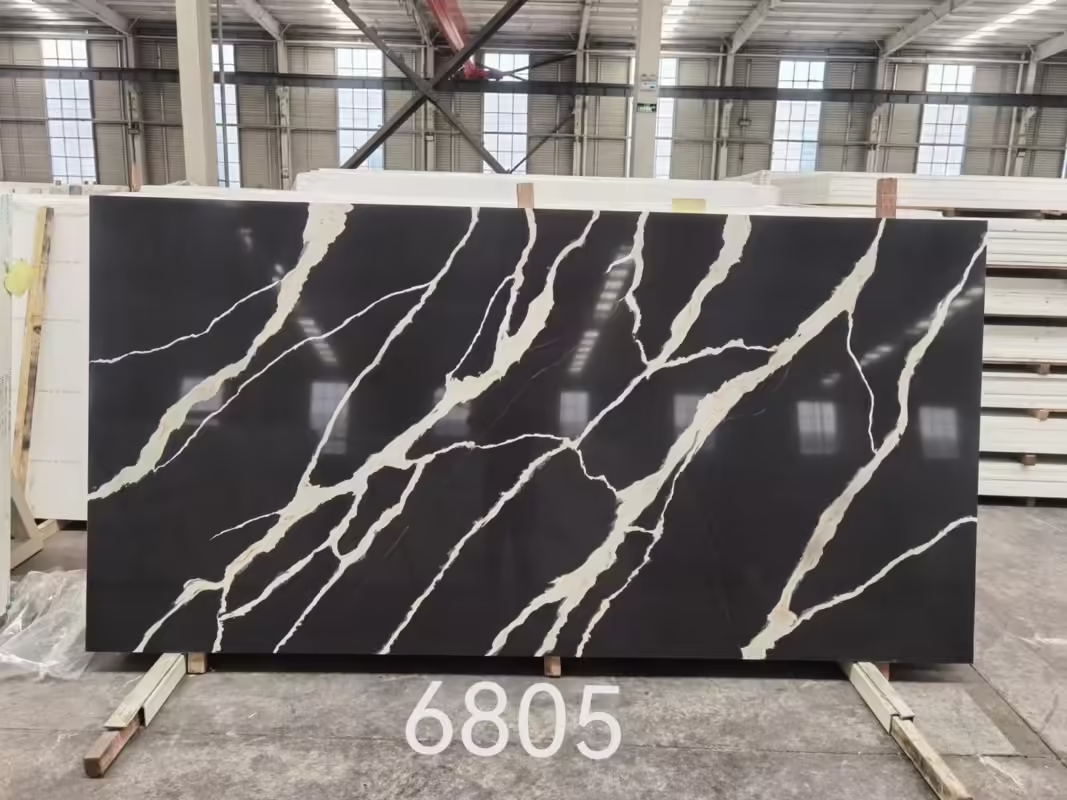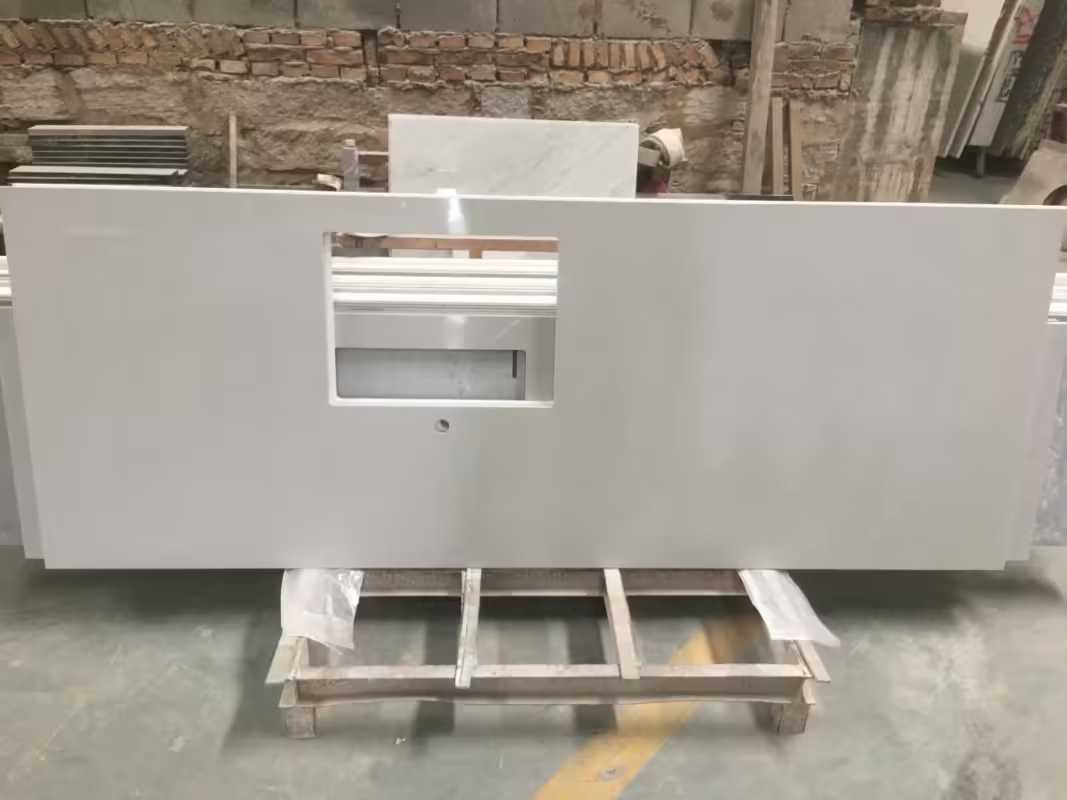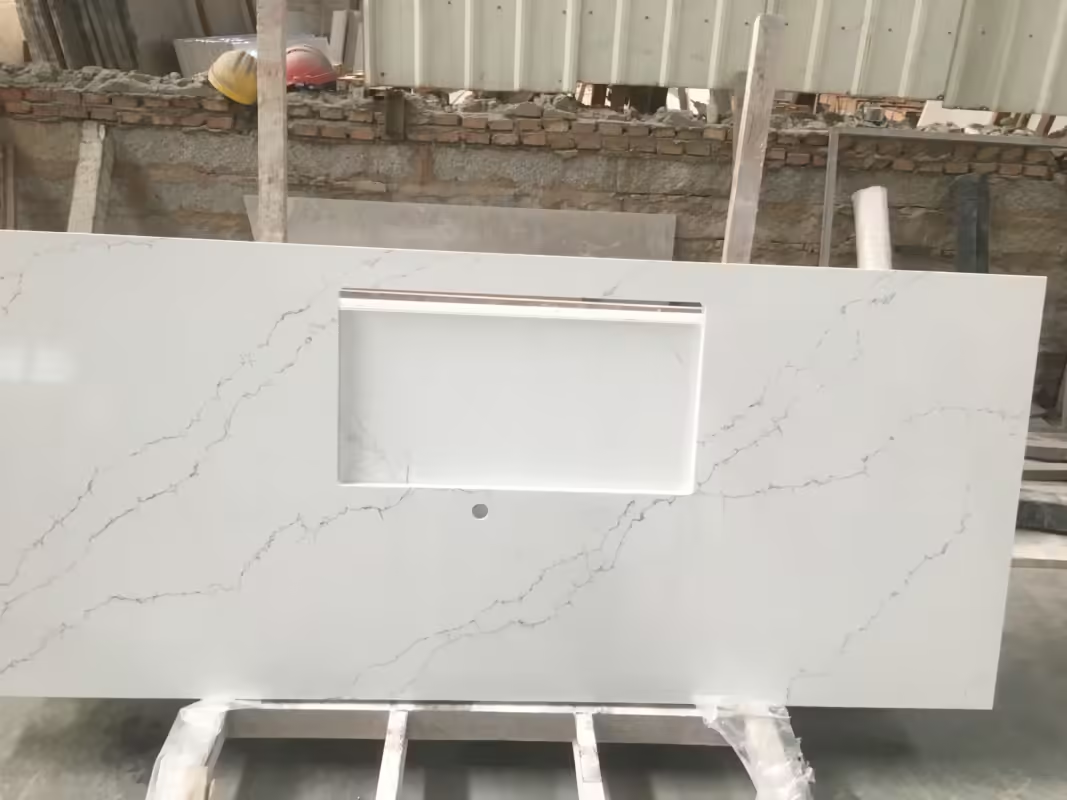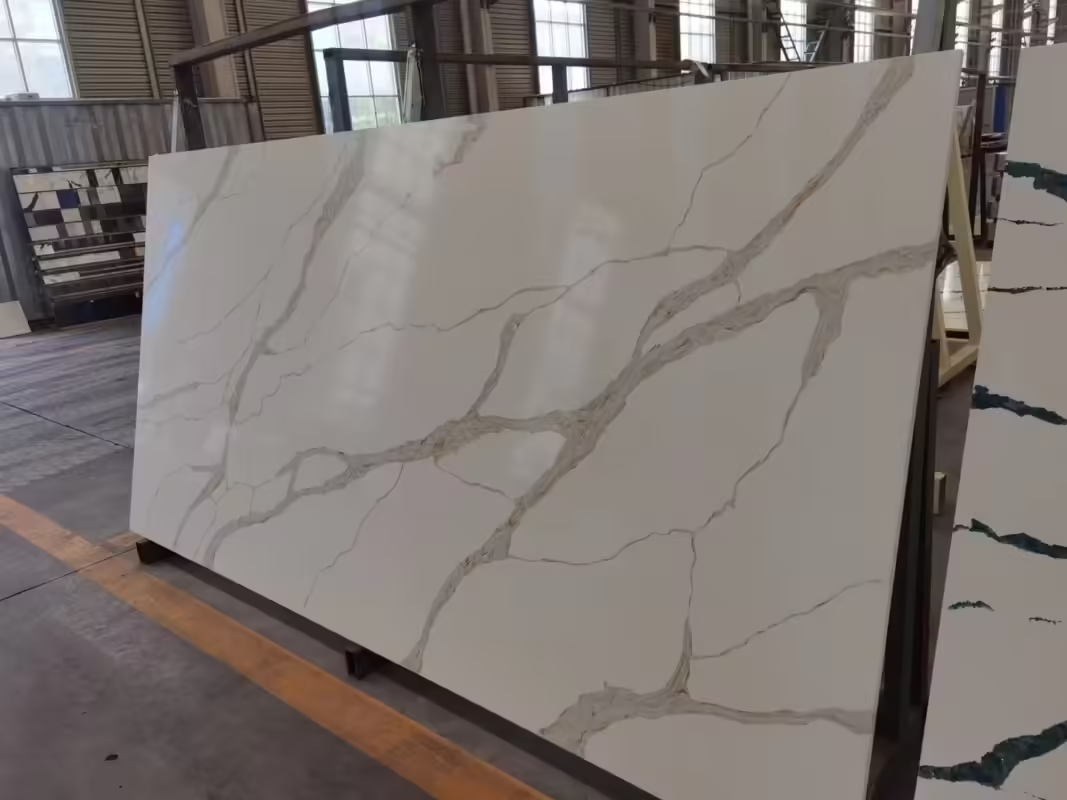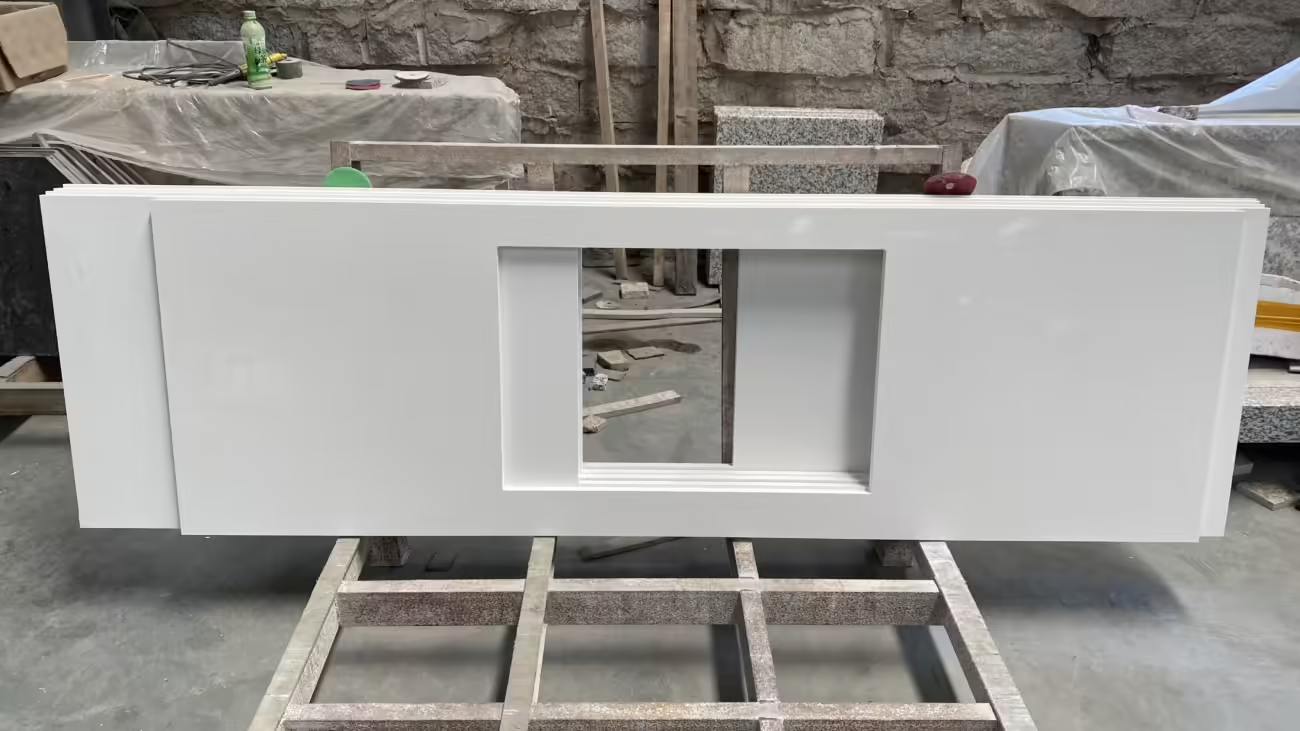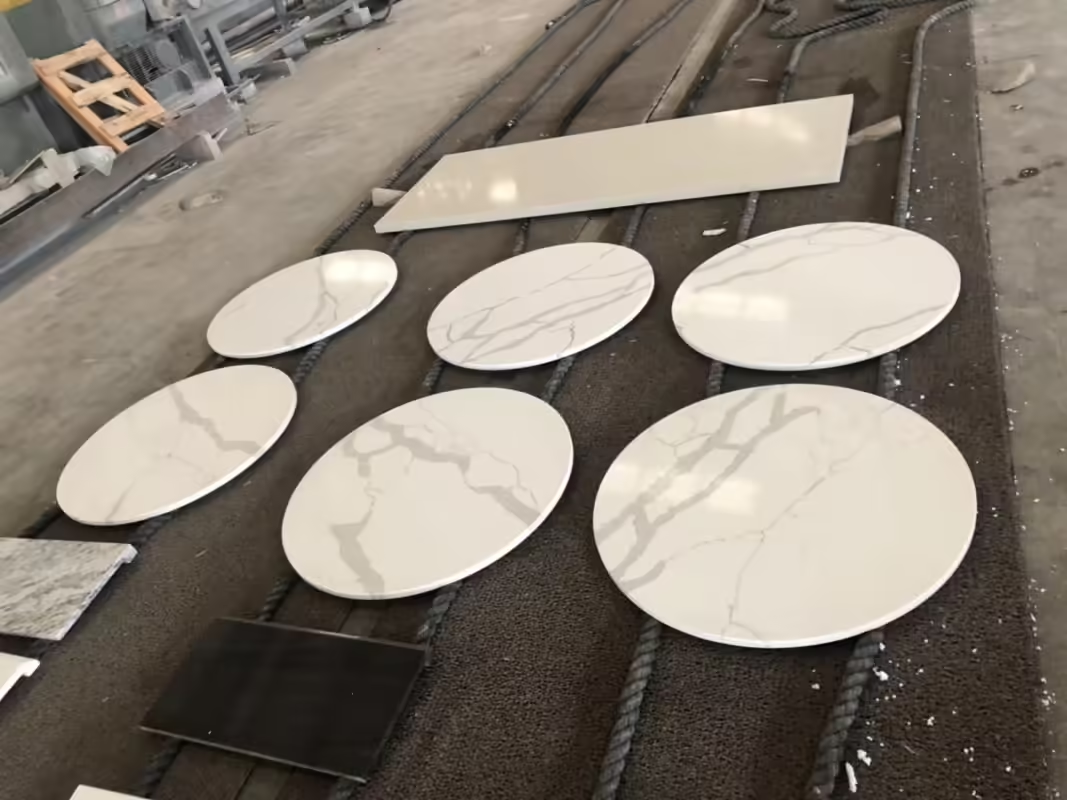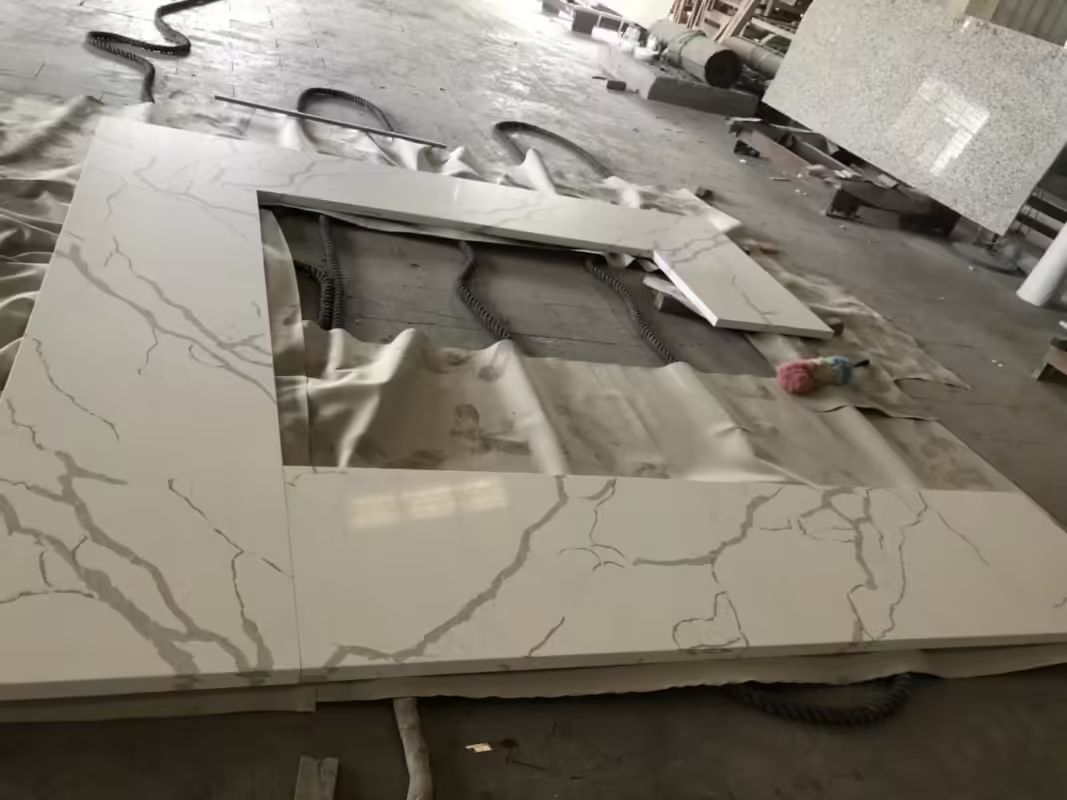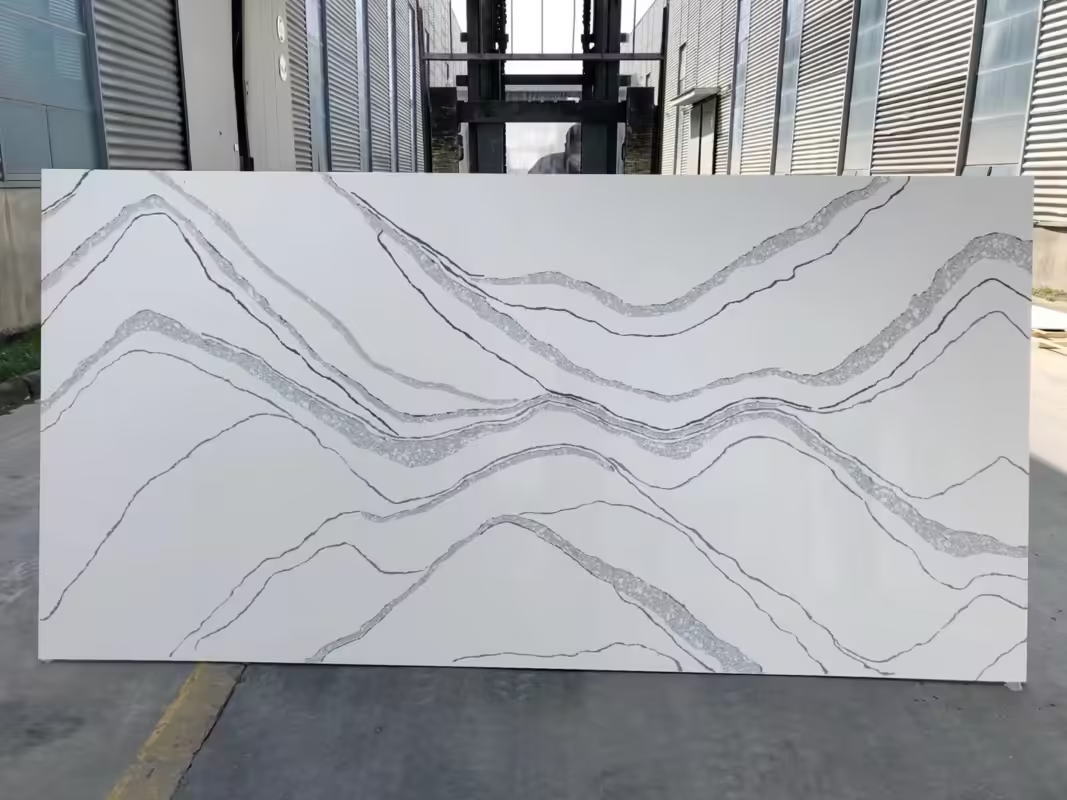Blog
Artificial Quartz vs. Natural Stone: Durability, Maintenance, and Aesthetic Comparison
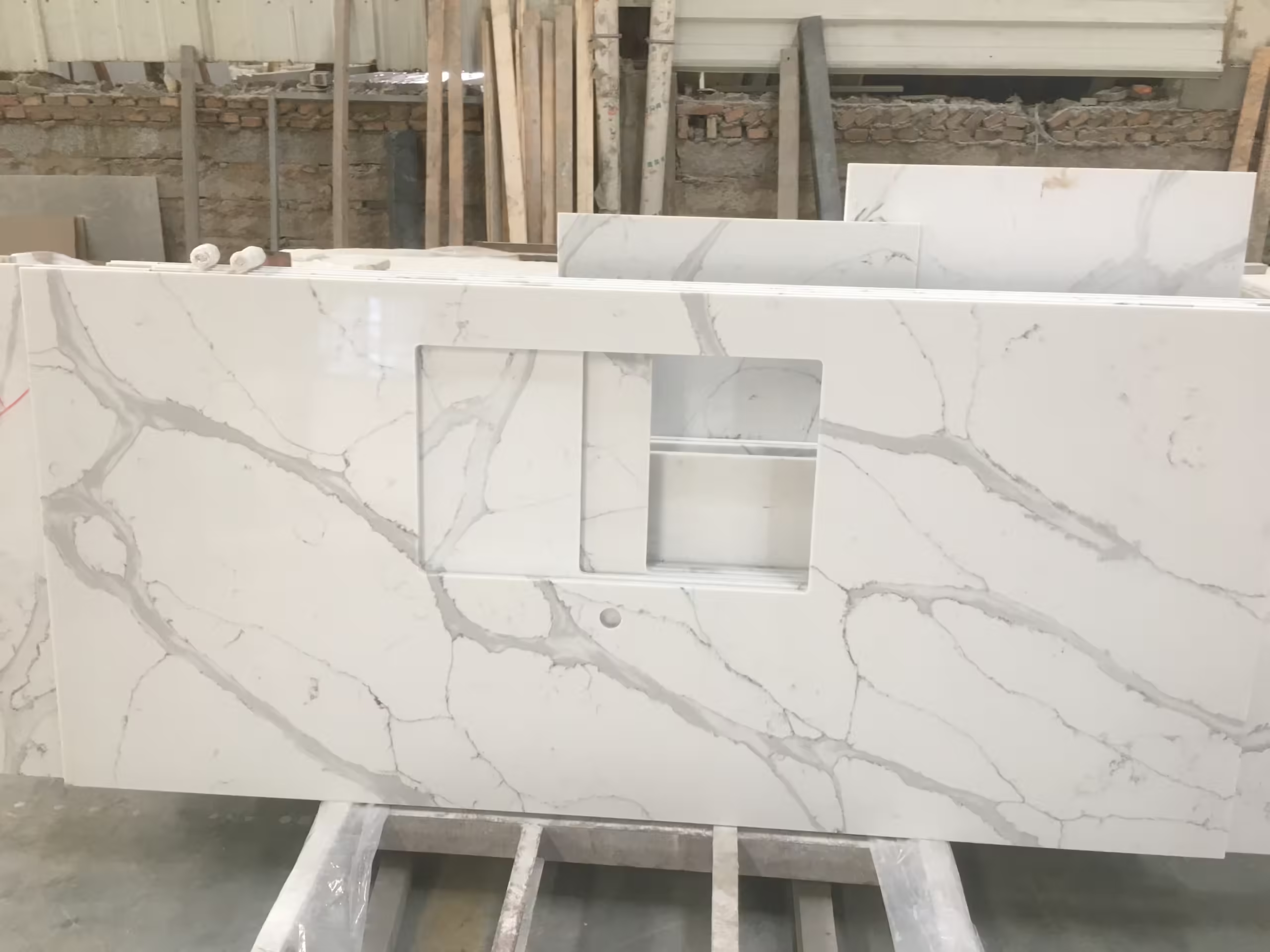
Choosing the right material for your countertops, flooring, or wall applications can significantly affect both the functionality and style of your space. In the debate between artificial quartz and natural stone, each offers distinct advantages and characteristics.
Durability: Artificial quartz is renowned for its robustness. Its high quartz content makes it extremely hard and less prone to cracking and chipping compared to natural stones like marble and granite. Additionally, it is more flexible, which makes it less likely to break during transport or installation.
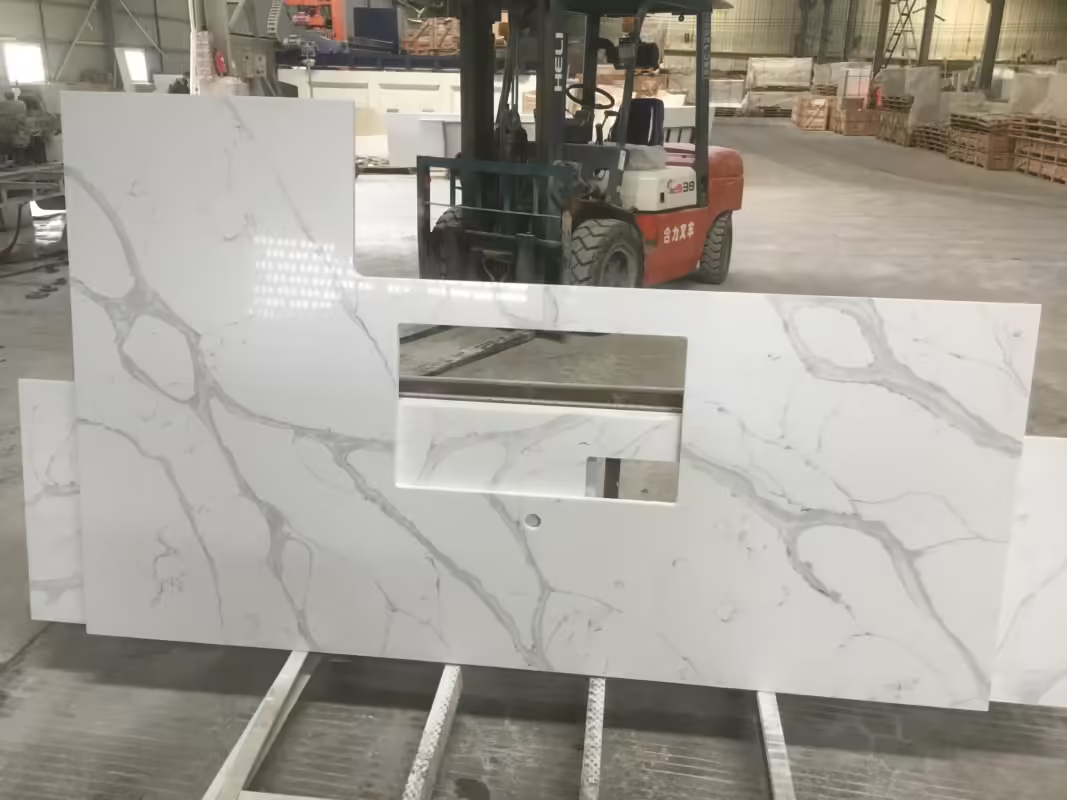
Maintenance: Quartz wins hands down in maintenance. The non-porous nature of engineered quartz means it doesn’t require sealing and is resistant to staining and bacterial growth. Natural stone, while beautiful, often requires more care including regular sealing to prevent stains and damage from acidic substances.
Aesthetics: Natural stone is known for its unique veins and unrepeatable patterns, which many homeowners value for their beauty and singularity. However, artificial quartz offers a more uniform appearance and can be manufactured in a wide range of colors and patterns designed to mimic natural stone or offer something completely different.
